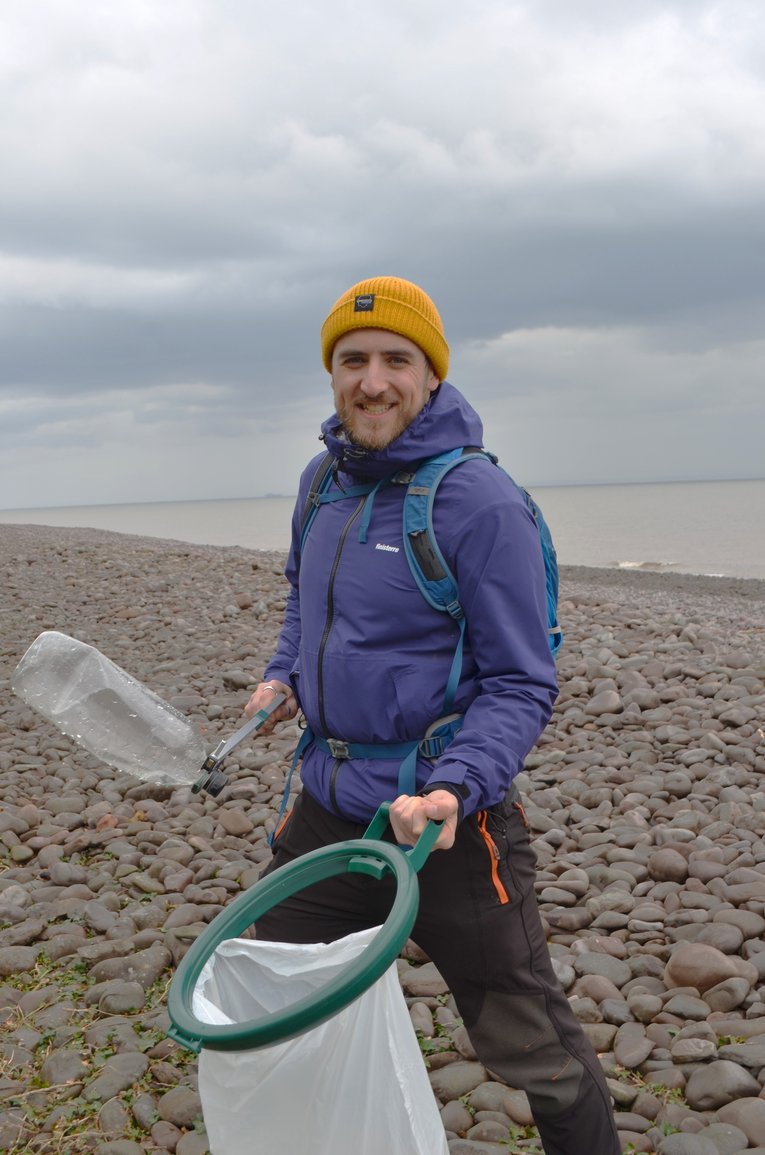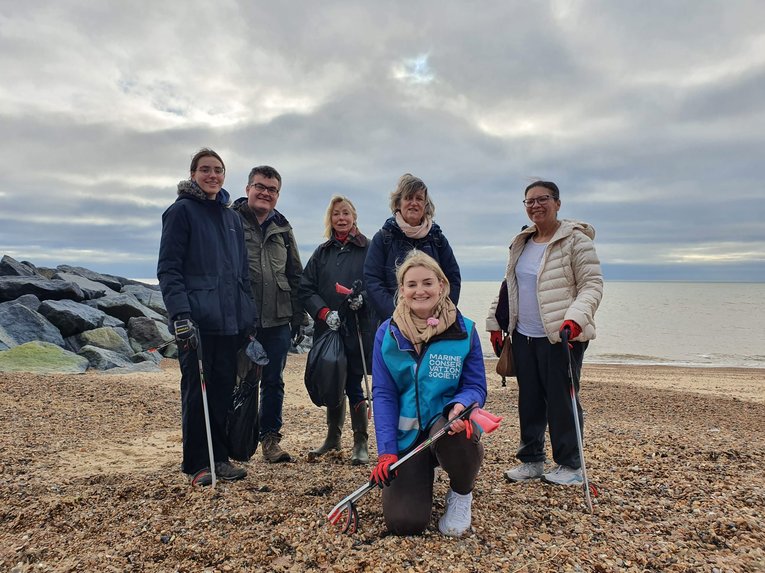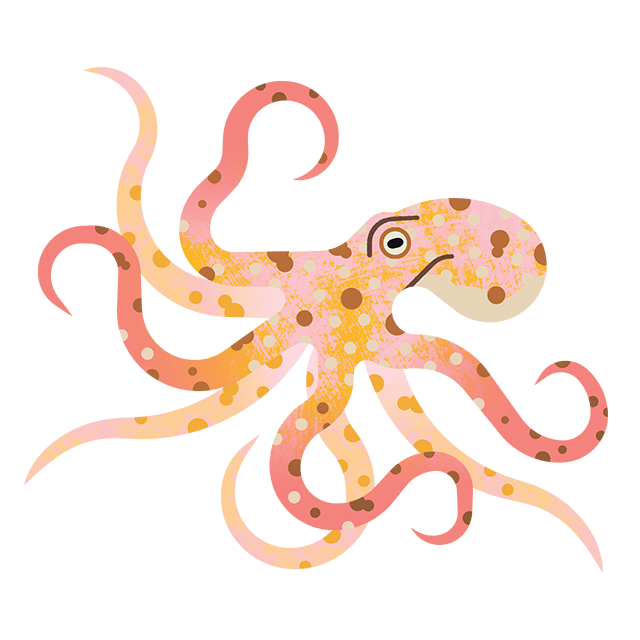
Volunteer Voices: What drives us to clean our beaches
In the words of one dedicated volunteer: “Clean shores today, bright futures tomorrow.”
Ahead of this year’s Great British Beach Clean (19th - 28th September), we’re shining a light on the people who make it all possible - our incredible volunteers. From gathering vital data to removing litter from our shores, their efforts are at the heart of our flagship beach cleaning programme. Over the coming weeks, we’ll be sharing their stories; what they’re finding, and why they believe we all have a role to play in keeping our coastlines clean.
Of those asked, 43% have been taking part in beach cleans with the us for over 3 years, with volunteers from all over the UK: 78% in England, 18% in Scotland, and 4% in Wales - united by a common goal: protect our ocean.
What are volunteers seeing on our beaches?
A staggering 74% of our volunteers notice a sharp rise in litter during the summer months. With more people heading to the coast to enjoy the sunshine, our beaches are bearing the brunt of careless behaviour and a lack of awareness about the damage litter can do.
Isaac Kenyon, one of our beach clean volunteers, has seen the impact of visitor behaviour on his local beach:
It's always when the tourists come down on the weekends the beach gets trashed - so we all clean up Mondays often in the summer!

Isaac Kenyon, cleaning up Minehead beach
Credit: Isaac Kenyon
Almost half (41%) of our volunteers said plastic litter is still a major issue on their local beach, while 11% reported that discarded dog poo bags are a growing problem. These bags don’t just disappear, and they pose a real threat to marine life.
From crisp packets and drink cans to the increasingly common sight of dog poo bags, the message from our volunteers is loud and clear: take it home and bin it.
But this isn’t just a coastal problem. Even if you don’t live near the sea, your litter can still end up in it. Through our Source to Sea Litter Quest surveys, we know that rubbish dropped inland - whether in a park, on a street, or beside a river - can be blown, washed, or swept into waterways and eventually carried out to sea. Once it reaches the ocean, it becomes part of a much bigger issue.
Litter in the marine environment doesn’t just spoil the view, it harms the wildlife that call it home. A shocking 32% of our volunteers have seen marine animals entangled in litter, including seals, seabirds, and dolphins. These aren’t isolated incidents - they’re a direct result of the everyday litter we fail to dispose of properly.
That’s why our volunteers, who spend countless hours surveying and cleaning our shores, all shared the same message: everything you throw away in the wrong place becomes a problem.
This isn’t just about keeping beaches tidy. It’s about protecting our ocean.
A. McG, who’s been part of our clean-up efforts for over 3 years, notes that if everyone did just a little, it would go a long way:
We can never stop all litter on beaches but if every person just picked up 5 pieces of litter and dropped none just think how many million less pieces there would be every day!!
Why do our volunteers keep coming back to clean beaches?
Isaac Kenyon remarks:
For me, it’s not just about cleaning beaches, it’s about honouring the places that bring me happiness, adventure, and peace. That’s worth showing up for, again and again.
For our volunteers, it’s all about protecting what they love and preserving a clean, safe coastal environment for future generations. But it’s also about how it makes them feel. Beach cleaning is described as addictive, fulfilling, and fun. It offers clear purpose - a chance to see the immediate results of your actions and know you’ve made a difference, however small.
Beach Clean volunteer, Beth Rice, describes how it gives her “a sense of community and shared accomplishment.”

Beth Rice at Felixstowe Spa Pavilion during one of their monthly beach cleans
Credit: Beth Rice
Volunteers told us how it changes your perspective. It’s also a way to connect with others, meet like-minded people, and be part of something bigger. You don’t need to be an expert to get involved - just a willingness to show up and go for it.
It’s rewarding but be careful - it’s also addictive and changes forever the way you look at beaches and mankind.
A.McG
And it’s about more than just picking up litter. It’s about contributing to data that drives real, systemic change; influencing policy, shaping campaigns, and holding polluters to account.
Looking ahead, A. McG is optimistic that their efforts could help drive wider change:
Hopefully the data I collect will one day result in further prevention measures such as the plastic bags charge and bottle return scheme.
We need your support
Calls for stronger Government action on plastic pollution are growing. With the final round of Global Plastics Treaty negotiations now underway, your actions can make a real difference.
Beach cleans are happening all summer - join one and be part of the solution.


